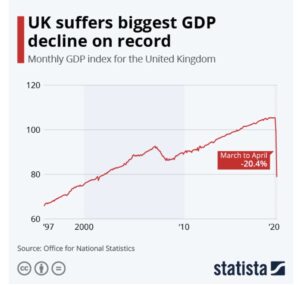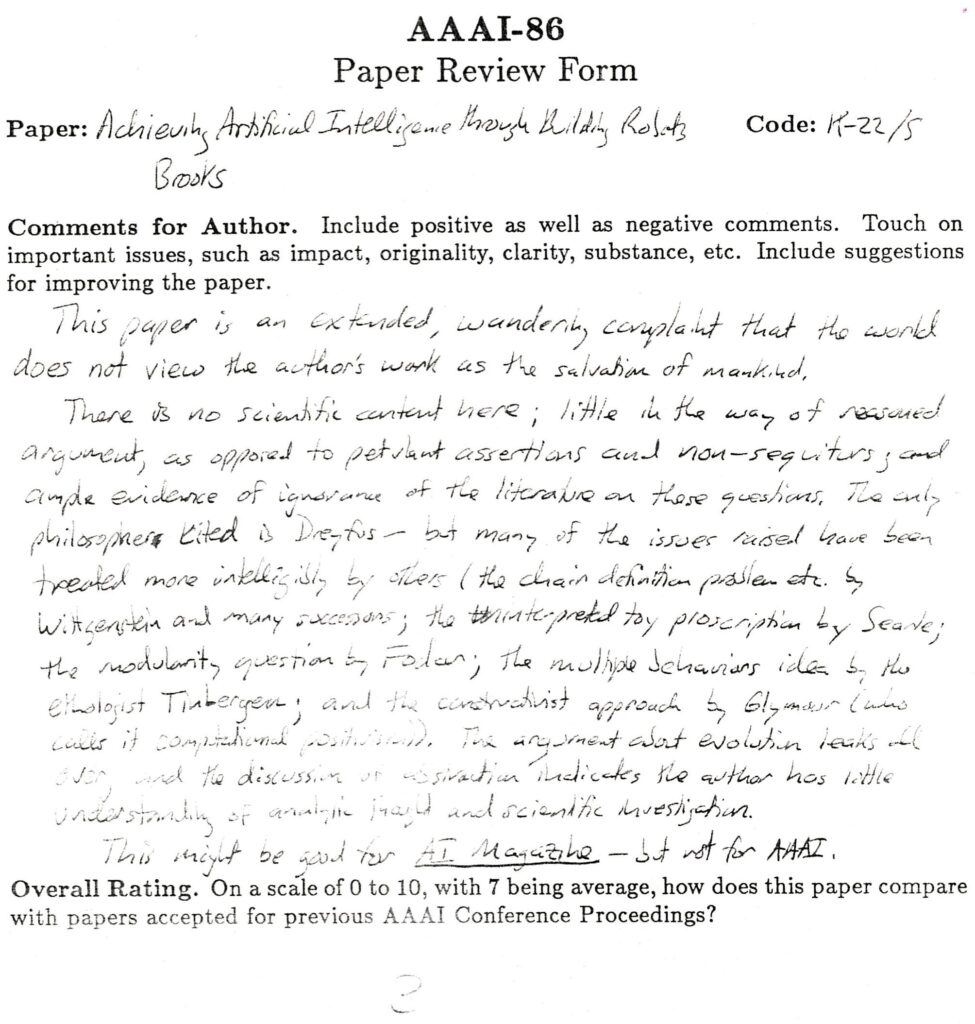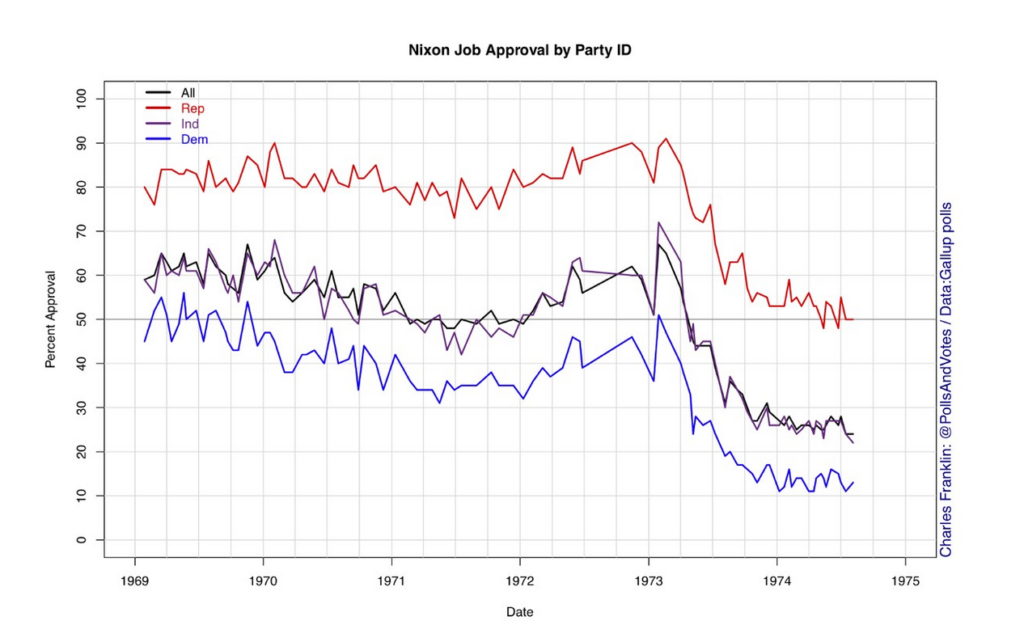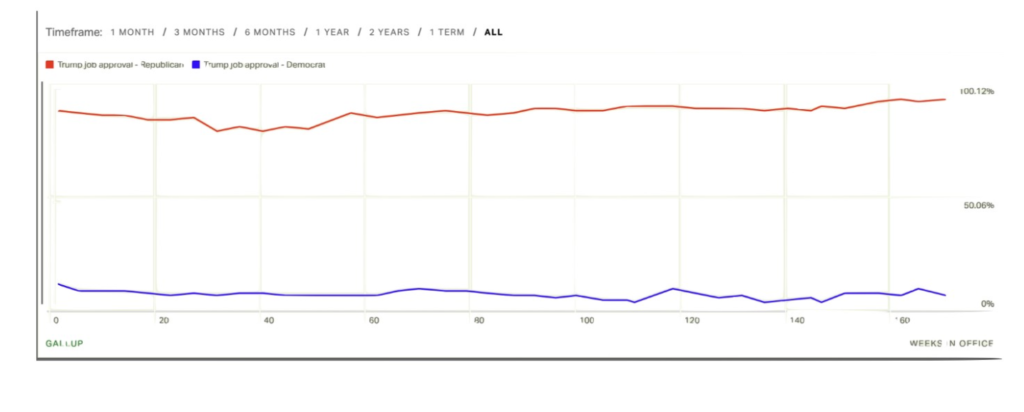Silicon Valley has admitted facial recognition technology is toxic – about time
This morning’s Observer column.
In his letter, Mr Krishna said that “IBM no longer offers general-purpose IBM facial recognition or analysis software” and “firmly opposes and will not condone uses of any technology, including facial recognition technology offered by other vendors, for mass surveillance, racial profiling, violations of basic human rights and freedoms, or any purpose which is not consistent with our values and principles of trust and transparency. We believe now is the time to begin a national dialogue on whether and how facial recognition technology should be employed by domestic law enforcement agencies.”
Amen to that. No sooner had the letter been released than cynics and sceptics were poring over it for the get-out clause. IBM was never a big player in the facial recognition game, said some, and so it’s no sacrifice to exit it: to them, Krishna’s letter was just “virtue- signalling”. Yet two days later Amazon heard the signal and announced a one-year suspension of police force use of its Rekognition facial recognition software – they say they’d like Congress to pass stronger regulation around it.
The IBM announcement and now Amazon’s are a big deal. Just ponder their significance for a moment…
And now Microsoft has joined the rush to paint a line between the company and the toxic tech. To be fair, their lawyer Brad Smith has been calling for regulation of the technology for quite a while.
______________________________________________________
My soundtrack
I’m working in the garden today (writing and reading, not gardening!)
Here’s the soundtrack
With time on his hands, the Observer‘s restaurant critic turns chef
Hilarious, beautifully-written piece. I loved this bit in particular…
I decided I needed something more challenging, because I am stupid, and don’t know when to quit. The soufflé suissesse has been on the menu at Le Gavroche since about 1968. According to Michel Roux Jr, who took over from his father Albert in 1993, it’s been lightened over the years. This is shocking, because, to make four servings, the current recipe (in Le Gavroche Cookbook) calls for six eggs, 600ml of double cream, 500ml of milk, 200g of gruyère, a slab of butter, a defibrillator and a priest standing by to administer last rites.
My devout mother would have held that the last was the essential ingredient.
Worth reading in full.
Signal Downloads Are Way Up Since the Protests Began
I’m not surprised. This NYT story explains:
The week before George Floyd died on May 25, about 51,000 first-time users downloaded Signal, according to data from the analytics firm Sensor Tower. The following week, as protests grew nationwide, there were 78,000 new downloads. In the first week of June, there were 183,000. (Rani Molla at Recode noted that downloads of Citizen, the community safety app, are also way up.)
Organizers have relied on Signal to devise action plans and develop strategies for handling possible arrests for several years. But as awareness of police monitoring continues to grow, protest attendees are using Signal to communicate with friends while out on the streets. The app uses end-to-end encryption, which means each message is scrambled so that it can only be deciphered by the sender and the intended recipient.
Signal has also already been tested. In 2016, the chat service withstood a subpoena request for its data. The only information it could provide was the date the accounts in question were created and when they had last used Signal. Signal does not store messages or contacts on its servers, so it cannot be forced to give copies of that information to the government.
It’s a terrific app, which has got a lot better over time. Think of it as WhatsApp for serious people who don’t trust Facebook.
Quarantine diary — Day 85
This blog is also available as a daily email. If you think this might suit you better, why not subscribe? One email a day, delivered to your inbox at 7am UK time. It’s free, and there’s a one-click unsubscribe if your decide that your inbox is full enough already!













